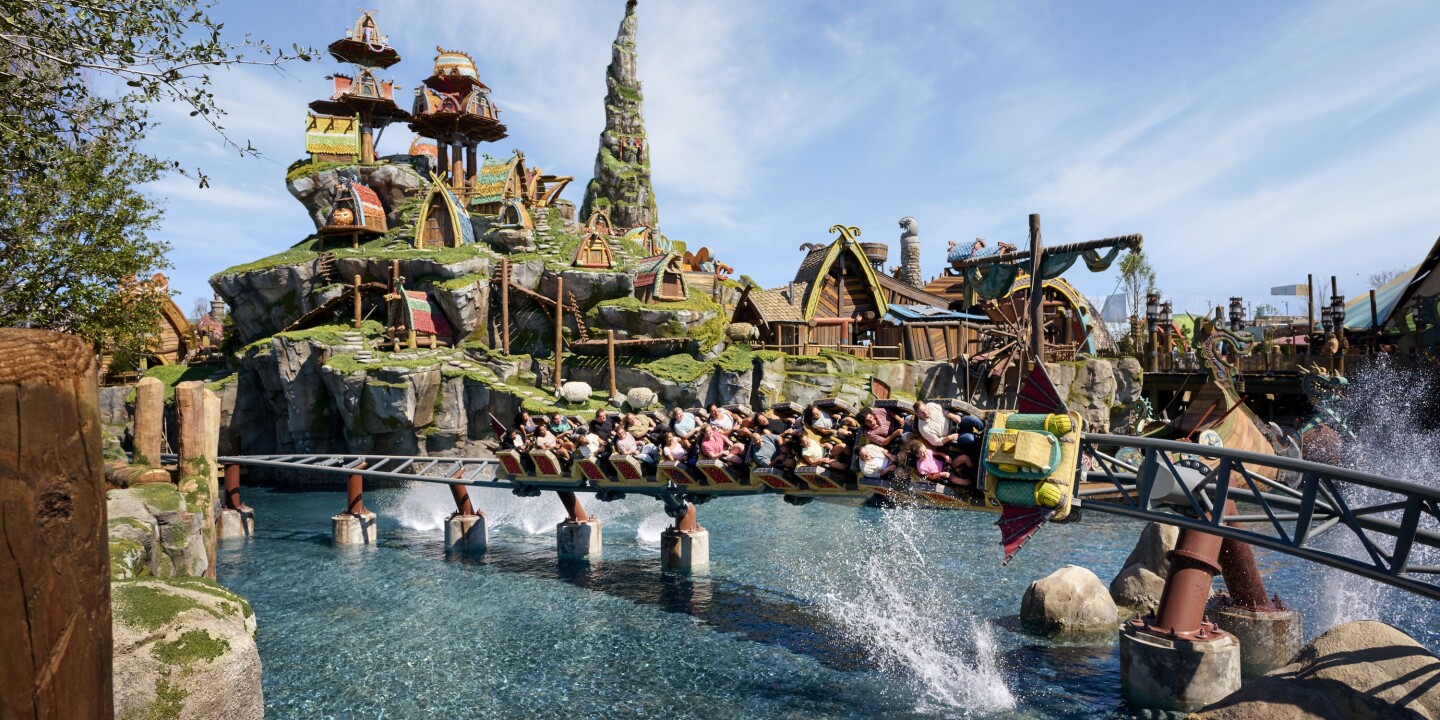Donald Trump and Pentagon Chief announcing the Golden Dome project | Photo: White House
Lockheed Martin defines Donald Trump’s $175 billion Golden Dome is “a layered defence shield, safeguarding the American homeland with unwavering precision, ensuring the security and resilience” of the United States.
The US aerospace and defence firm, one of the world’s largest companies in the aerospace, military support, security, and technologies industry, continued explaining: “Golden Dome for America is a revolutionary concept to further the goals of peace through strength and President Trump’s vision for deterring adversaries from attacks on the homeland.”
The firm added that the “next generation defence shield will identify incoming projectiles, calculate trajectory and deploy interceptor missiles to destroy them mid-flight, safeguarding the homeland and projecting American Strength.”
On Tuesday, Trump announced the ambitious programme, which he said is aimed at deterring threats from China and Russia and should be fully operational by the end of his term in January 2029. The dome, partly inspired by Israel’s Iron Dome, was proposed by Ronald Reagan in 1985. He called it the “Star Wars” system.
Earlier this month, the US Congressional Budget Office estimated that the Golden Dome could cost as much as $831 billion over two decades.
The elevated costs come partly from the number of satellites needed to cover and protect the entire United States—some 400 to more than 1,000 satellites, Reuters reported.
‘Time to change the equation’
Space Force Gen. Michael Guetlein, Vice Chief of Space Operations, will lead the effort as “direct reporting program manager for the Golden Dome,” Trump stated.
Guetlein immediately after warned the US’s “adversaries have been quickly modernising their nuclear forces, building out ballistic missiles capable of hosting multiple warheads, building out hypersonic missiles capable of attacking the United States within an hour and travelling 6,000 miles an hour.”
He emphatically said, “It is time that we change that equation and start doubling down on the protection of the homeland.”
The US considers Russia, China, Iran and North Korea its adversaries.
Canada wants in
As a partner in the U.S.-Canadian North American Aerospace Defence Command (NORAD), Canada wants to be part of the initiative, Trump said. “Canada has called us, and they want to be a part of it,” Trump stated. “So we’ll be talking to them. They want to have protection, also. So as usual, we help Canada the best we can.”
Canadian Prime Minister Markey Carney said “high-level” talks are already taking place with the US about joining the space defence system.
“It’s something that we are looking at and something that has been discussed at a high level,” Carney told reporters on Wednesday. “We are conscious that we have an ability, if we so choose, to complete the Golden Dome with investments and partnership.”
China’s arms race concerns
China condemned the program as a threat to strategic balance and urged the U.S. to abandon development, citing concerns about an arms race.
Chinese Foreign Ministry spokesperson Mao Ning told reporters at a Wednesday briefing that the Golden Dom will increase the “risk of turning the space into a war zone and creating a space arms race and shaking the international security and arms control system.”
Mao said that the shield goes against the principle of “peaceful use in the Outer Space Treaty,” referring to the 1967 agreement, which — among other things — prohibited the use of nuclear weapons in space and limited any usage of all “celestial bodies” for peaceful purposes.
“China is gravely concerned. We urge the U.S. to give up developing and deploying the global anti-missile system, and take concrete actions to enhance strategic trust between major countries and uphold global strategic stability,” Mao said.
Russia’s low-key reaction
“This is a sovereign matter for the United States. If the United States believes there is a missile threat, then of course it will develop a missile defence system,” Kremlin spokesman Dmitry Peskov told reporters.
“That is what all countries do,” he said, adding that the situation would eventually require renewed contacts to “restore strategic stability,” a reference to broader nuclear arms talks.













